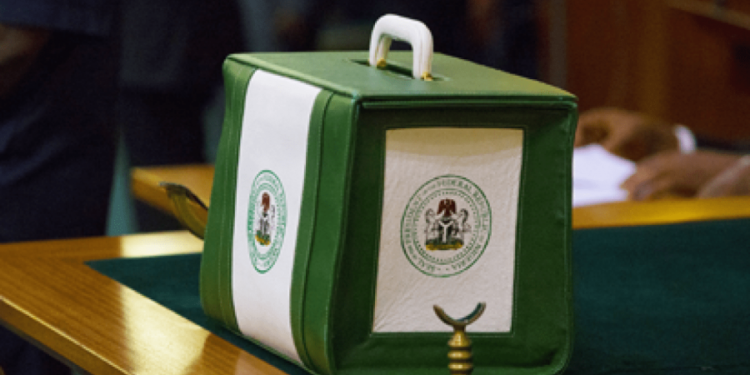The Federal Government of Nigeria’s budget performance in the first half of the year has fallen below expectations, underscoring the prevailing economic challenges and the critical necessity to bolster its income. A recent analysis by BusinessDay reveals that the government’s revenue generation in this period amounted to N4.06 trillion, falling significantly short of the pro-rata target of N5.52 trillion.
Notably, out of the N4.06 trillion generated, an astonishing N4.02 trillion, equivalent to 99 percent of the revenue, was allocated to servicing debt. This starkly contrasts with the pro-rata target of N3.15 trillion and the total budgeted debt servicing amount of N6.31 trillion for the entire year.
Breaking down the revenue sources, oil revenue accounted for N604.10 billion, well below the N1.14 trillion budgeted for the period. Non-oil revenue fared slightly better, with N1.14 trillion generated, compared to the N1.216 trillion budgeted. However, other revenue sources contributed N2.14 trillion, still falling short of the N3.16 trillion target.
Economic experts have expressed deep concerns over this budget performance, characterizing it as an “extremely” poor fiscal position. Such a situation, they say, necessitates both spending efficiency and a robust revenue generation drive to avert further financial strain.
Professor Uche Uwaleke, an expert in Finance and Capital Markets at the Nasarawa State University, highlighted the need for effective strategies to grow revenue while ensuring that debt is prudently managed. He emphasized that borrowed funds should be allocated to projects that generate returns to repay the borrowings, underlining the importance of prioritizing capital expenditures over recurrent costs.
Economic Consequences of the Government’s Budget Shortfall
The government’s budget performance has far-reaching economic consequences. Allocating 99 percent of revenue to debt servicing poses a worrisome scenario, pressuring the government to continue borrowing. This practice can potentially exacerbate the country’s already significant debt burden, further compromising its financial stability and creditworthiness.
As of June, total government spending reached N7.76 trillion, significantly below the target of N10.91 trillion. This includes expenditures such as sinking funds at N248 billion, non-recurrent expenditure at N8.32 trillion, and statutory transfers at N967 billion. Capital expenditure, a crucial driver of economic development, accounted for only N475.98 billion, considerably below the N2.98 trillion target.
To address these challenges, experts and stakeholders emphasize the need to expand the revenue base, primarily by broadening the tax net rather than increasing tax rates. Additionally, they advocate for prudent spending practices, project-tied borrowing, and reducing the cost of governance at both federal and subnational levels. The government’s commitment to reducing borrowing and increasing revenue, as evidenced by the tax reforms committee’s mandate to raise the tax-to-GDP ratio, offers a ray of hope for addressing the budgetary shortfalls.
Gabriel Okeowo, Country Director of BudgIT, highlighted the need for increased revenue generation, particularly as it appears that the government might struggle to meet other obligations beyond debt servicing. He pointed to the removal of subsidies as a potential source of revenue and stressed the importance of reducing the cost of governance.
Muda Yusuf, CEO of the Centre for the Promotion of Private Enterprise, expressed optimism that the government’s recent policy initiatives would yield economic benefits in the second half of the year. However, he acknowledged that fiscal challenges persist, driven in part by the substantial costs associated with ministerial appointments.
In conclusion, the Federal Government’s budget performance in the first half of the year underscores the urgency of addressing revenue shortfalls and ensuring efficient allocation of resources. As Nigeria navigates these economic challenges, fiscal prudence, revenue growth, and a concerted effort to enhance economic stability remain paramount.











